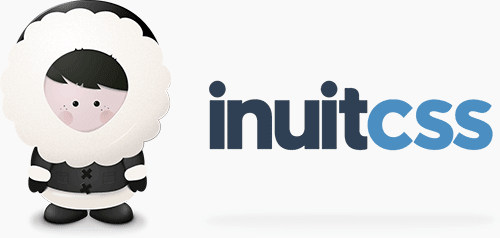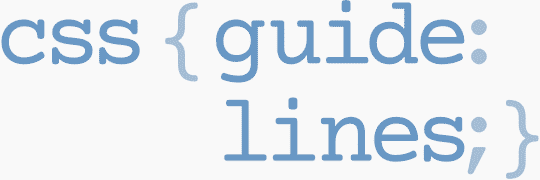By Harry Roberts
Harry Roberts is an independent consultant web performance engineer. He helps companies of all shapes and sizes find and fix site speed issues.
Written by Harry Roberts on CSS Wizardry.
N.B. All code can now be licensed under the permissive MIT license. Read more about licensing CSS Wizardry code samples…
You may well be familiar with John Hicks’ page
borders that he uses on his site. These are a series of fixed position <b>
elements that are placed top, right, bottom and left of the viewport over the
content, giving the illusion of a fixed border. I wanted to achieve a similar
effect recently but, given my militant approach to progressive enhancement,
I decided to drop the insemantic markup and fashion a pure CSS alternative. For
a live demo please visit suzannahaworth.com.
/*------------------------------------*\
BORDERS
\*------------------------------------*/
/* Create a series of empty pseudo-elements... */
html:before,html:after,body:before,body:after{
content:"";
background:#dad8bb;
position:fixed;
display:block;
z-index:5;
}
/* ...and position them! */
html:before{
height:10px;
left:0;
right:0;
top:0;
}
html:after{
width:10px;
top:0;
right:0;
bottom:0;
}
body:before{
height:10px;
right:0;
bottom:0;
left:0;
}
body:after{
width:10px;
top:0;
bottom:0;
left:0;
}N.B. All code can now be licensed under the permissive MIT license. Read more about licensing CSS Wizardry code samples…
Harry Roberts is an independent consultant web performance engineer. He helps companies of all shapes and sizes find and fix site speed issues.

Hi there, I’m Harry Roberts. I am an award-winning Consultant Web Performance Engineer, designer, developer, writer, and speaker from the UK. I write, Tweet, speak, and share code about measuring and improving site-speed. You should hire me.
You can now find me on Mastodon.


I help teams achieve class-leading web performance, providing consultancy, guidance, and hands-on expertise.
I specialise in tackling complex, large-scale projects where speed, scalability, and reliability are critical to success.